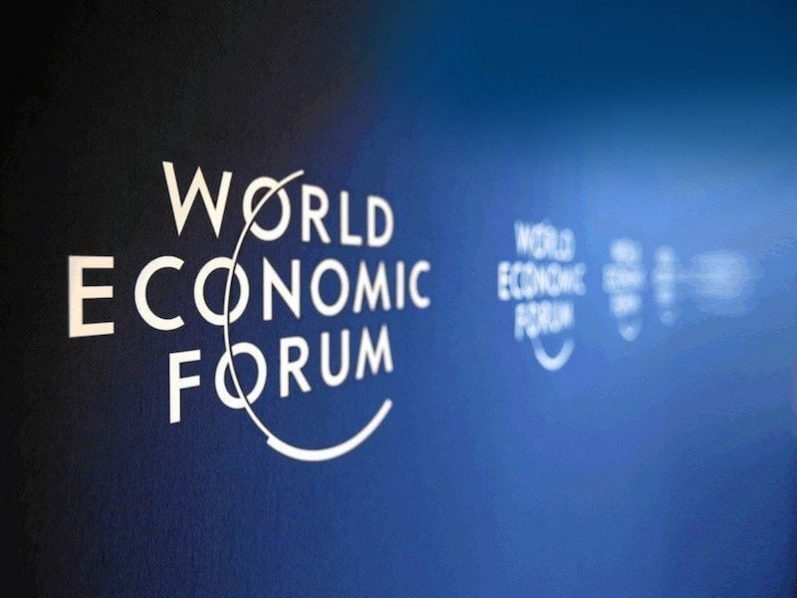
World Economic Forum (WEF) has warned that the global landscape is becoming increasingly fractured, with escalating geopolitical, environmental, societal and technological challenges threatening stability and progress.
The warning is contained in its latest Global Risks report. The twentieth edition of the report confirms that, while economic risks have less immediate prominence in this year’s survey results, they remain a concern, interconnected with societal and geopolitical tensions.
WEF identifies in the report, which draws on the views of over 900 global risks experts, policymakers and industry leaders, state-based armed conflict as the most pressing immediate global risk for this year, with nearly one-quarter of respondents ranking it as the most severe concern for the year ahead.
Misinformation and disinformation remain top short-term risks for the second consecutive year, underlining their persistent threat to societal cohesion and governance by eroding trust and exacerbating divisions within and between nations.
Other leading short-term risks include extreme weather events, societal polarisation, cyber-espionage and warfare. Environmental risks dominate the longer-term outlook, with extreme weather events, biodiversity loss and ecosystem collapse, critical change to earth systems and natural resources shortages leading the 10-year risk rankings.
The fifth environmental risk in the top 10 is pollution, which is also perceived as a leading risk in the short term. Its sixth-place ranking in the short term reflects a growing recognition of the serious health and ecosystem impacts of a wide range of pollutants across air, water and land. Overall, the WEF reports that extreme weather events are being prominently considered as immediate, short-term and long-term risks.
The long-term landscape is also clouded by technological risks related to misinformation, disinformation and adverse outcomes of AI technologies.
“Rising geopolitical tensions and a fracturing of trust are driving the global risk landscape.”
In this complex and dynamic context, leaders have a choice: to find ways to foster collaboration and resilience, or face compounding vulnerabilities,” WEF Managing Director, Mirek Dušek, said.
The Global Risks report further finds that respondents are far less optimistic about the outlook for the world over the longer term than the short term. Nearly two-thirds of respondents anticipate a turbulent or stormy global landscape by 2035, driven in particular by intensifying environmental, technological and societal challenges.
More than half of respondents expect some instability within two years, reflecting the widespread fracturing of international cooperation. Long-term projections signal even greater challenges as mechanisms for collaboration are expected to face mounting pressure.






